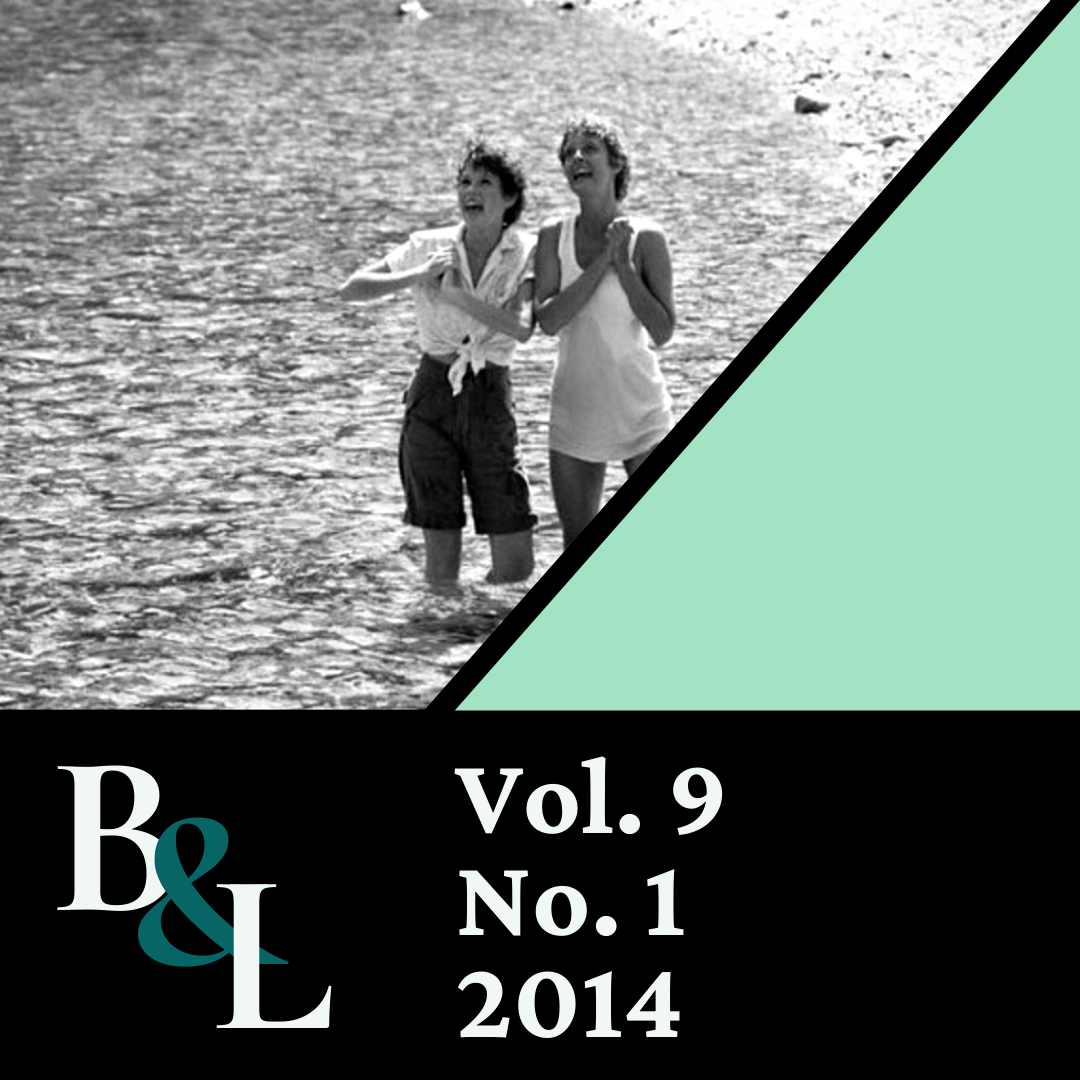Prospero's Girls
Keywords:
The Tempest, Performance Studies, Miranda, ArielAbstract
This essay examines the afterlives of Miranda and Ariel, Prospero's "girls," on stage and in film. A longstanding editorial and theatrical tradition that assigns Miranda's "abhorrèd slave" speech to Caliban informs the ongoing representation of Miranda as a passive and submissive character, even after the speech is restored in the twentieth century. The two-hundred-year-long history of reassigning Miranda's speech to Prospero coincides with the tradition of casting a girl actress as Ariel. Dismissed in recent years as an outmoded and déclassé theatrical convention, Ariel's history as a girl left a strong impression on the play's theatrical and artistic legacy. Restoration adaptations of The Tempest added more and more girl characters to Prospero's island, reflecting an intensified interest in girls and girlhood as the play charted the paths to Miranda's marriage and Ariel's freedom. With Miranda representing domestic expectations and Ariel embodying the dream of liberation, Prospero's girls and their history reflect the conflicting and competing expectations placed upon girls and the dream of a patriarchal power that, rather than stifling girls, sets them free.


